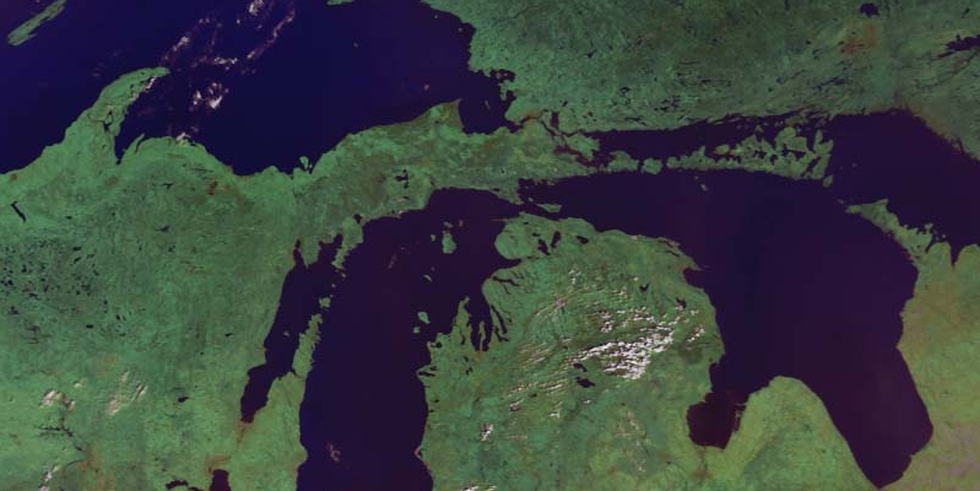
Up North Progressive
Politics and commentary for Northern MichiganI looked at the ruling of Judge Paul Maloney. Who are the Plaintiffs (PHILIP C. BELLFY, et al., )? I don’t have PACER access. Did the Plaintiffs include non–tribal members? Is there any possibility that other Michigan citizens can submit Complaints to the court and sue on this? Is Judge Maloney’s ruling being appealed with a request from the Appeals court for an injunction? Are any other environmental and conservation and indigenous legal projects helping on this with Amicus Briefs or anything else? Please update asap!
Marsah – Thank goodness? The injunction was denied so the sale is still potentially going through! Creagh needs to be kicked right in his ass…if 90% of us say NO, then it should be NO! Politics as usual and we all know that money talks….how much is HE making I wonder?
So why didn’t the tribes buy up some of this land before the mining company got their paws on it?
Is this in Chippewa County? Map lacks orientation. More info please; what can we do? Where is the petition to stop it?
Thank goodness , tired of Snyder giving our properties away!

